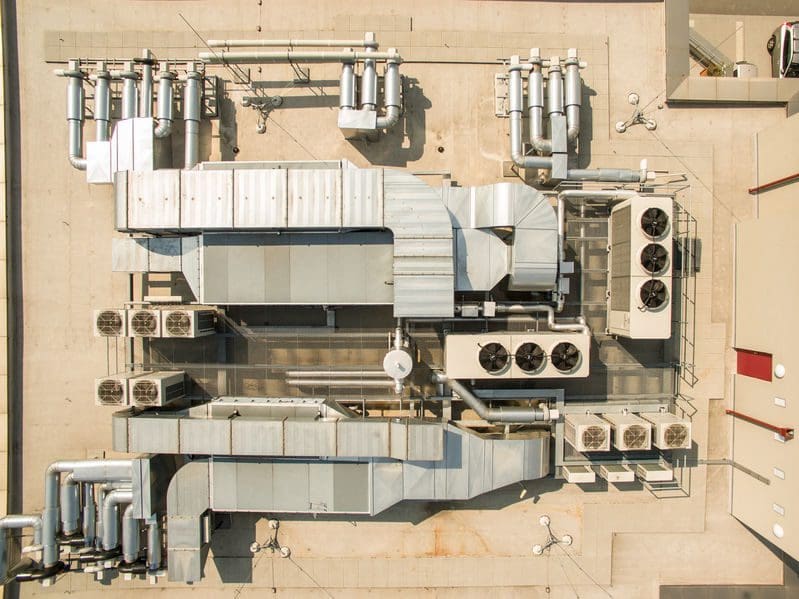When it comes to the Oil and Gas industry, safety is the number one concern for site workers. A good HVAC design plays a vital role in improving site safety. HVAC systems are used to control the overall temperature in a building. In a hot climate, it can be used to regulate temperate by providing cooling, and in a colder climate, it can be used to maintain a warm temperature.
A proper HVAC system means that you no longer have to manually control or adjust your temperature setting, so they are a notable investment. In this article, I am going to highlight how and why you need to use an HVAC system to improve the safety of your workers.
Gas Leakage in Production
The very first and major hazard at an oil or gas site is gas leakage, which can pose a serious risk. As a gas production site uses lots of different gas appliances, it is in your best interest to ensure that you prevent any kind of leak causing a deadly working environment.
A well-managed HVAC system can help you insulate key rooms on-site so that gas leakage is restricted. However, HVAC systems are themselves susceptible to refrigerant leaks. You can browse over to this website if you want to learn more about how to maintain your HVAC system and prevent any leaks with the help of a refrigerant leak detector.
Blast Situation
Most oil and gas sites are susceptible to explosions, which is why employers need to use special equipment to ensure worker safety. An explosion-proof HVAC system is a perfect solution for this problem as it can work in volatile conditions without any risk.
In Oil and Gas Industries, an explosion-proof HVAC system can be used for extraction, processing, and refining operations. It can be used to control the temperature from -20° C to 40° C and maintain humidity from 0.1% RH to 95% RH. So, they are able to contain explosions and prevent them from getting out of hand.
Fire Risks
One of the key hazards when working in an oil and gas field is a fire risk. Even the smallest mistakes can lead to a huge fire, and if it gets out of hand, it can be extremely dangerous for everyone at the site. HVAC systems contain fire and gas dampers whose sole purpose is to control and prevent the progression of fire so that the situation can be controlled and doesn’t become life-threatening.
These dampers are installed in HVAC ducts, which also have a fusible ink inside of them that detects fire. On top of controlling the extent of the fire, a customized HVAC system also creates a pathway for toxic gasses and smoke to pass, preventing the smoke from spreading into the whole building or site.
Selecting and Monitoring an HVAC System
While HVAC systems are an important part of any oil and gas site, but you need to maintain and monitor them regularly. A systematic performance review makes sure that everything is working optimally and gives you a head start to replace any part before a system failure.






